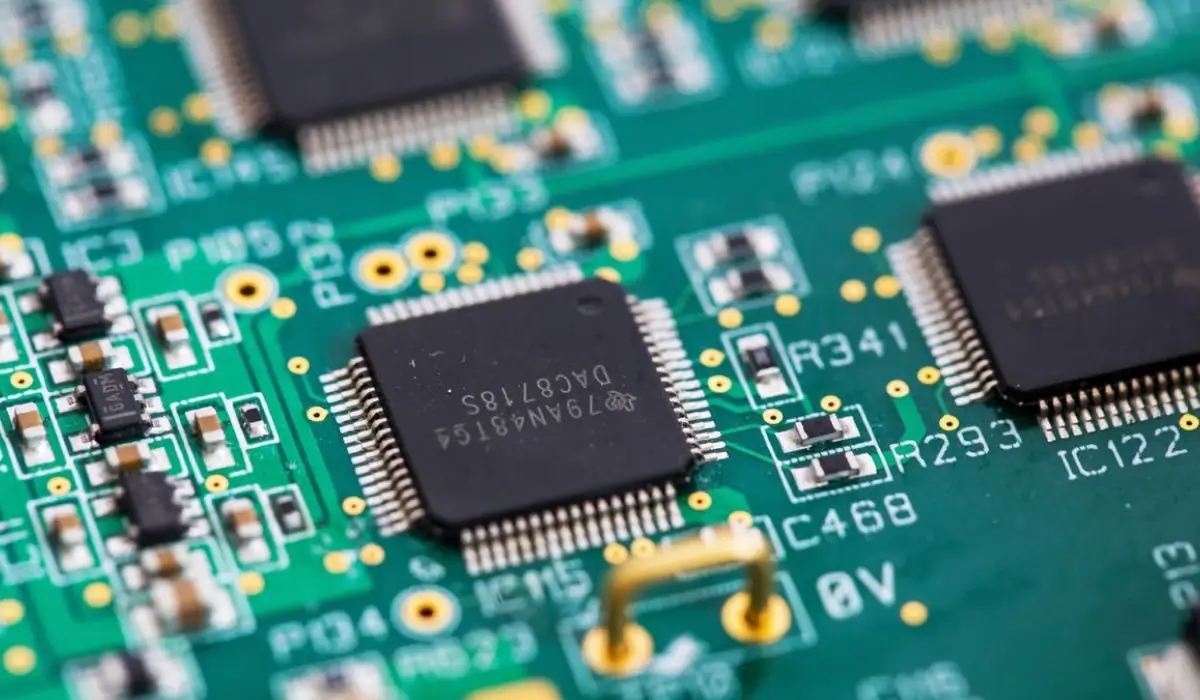TRENDING NEWS
Customs duty on electronic transmissions will hit semiconductor design locally: Industry bodies

⚫ The India Electronics & Semiconductor Association (IESA) has presented a plea to the Indian government, urging them to refrain from imposing customs duties on electronic transmissions.
⚫ Electronic transmissions encompass the digital delivery of products that can be digitized, such as video games, music, and data files, among others.
⚫ Industry bodies emphasize that semiconductor designing necessitates data exchange between countries, and the imposition of customs duty on such transactions can potentially disrupt this crucial space. The plea aims to highlight the importance of maintaining a conducive environment for the seamless flow of digital products and data across borders.
India's proposal at the upcoming World Trade Organization (WTO) conference could disrupt the country's thriving semiconductor design industry. The proposal seeks to end a moratorium on imposing customs duties on electronic transmissions, potentially taxing data exchanges crucial for chip design.
Industry experts warn of dire consequences. The India Electronics & Semiconductor Association (IESA) represents over 300 electronics companies, including 100 semiconductor giants like Qualcomm, Intel, and NXP, all with significant design operations in India. They argue that taxing data, with its undefined value and global exchange, is impractical and harmful.
IESA president Ashok Chandak fears litigation and stunted growth due to the proposed tariffs. He highlights India's strong position in semiconductor design, drawing major companies and constituting 20% of the global design workforce. John Neuffer of the US Semiconductor Industry Association echoes the concern, emphasizing the need for seamless cross-border data flows.
NXP Semiconductors India, with 35% of its workforce in Indian R&D, also opposes the proposal. Hitesh Garg, a representative, warns of increased costs and potential ecosystem collapse. He believes the 25 years of carefully built infrastructure could be jeopardized by short-term gains.
India's WTO proposal hangs like a dark cloud over this burgeoning industry. Whether they choose to tax data and risk stifling growth, or listen to industry pleas and maintain the moratorium, will be a defining moment for India's semiconductor ambitions.
Latest News

STARTUP-STORIES








